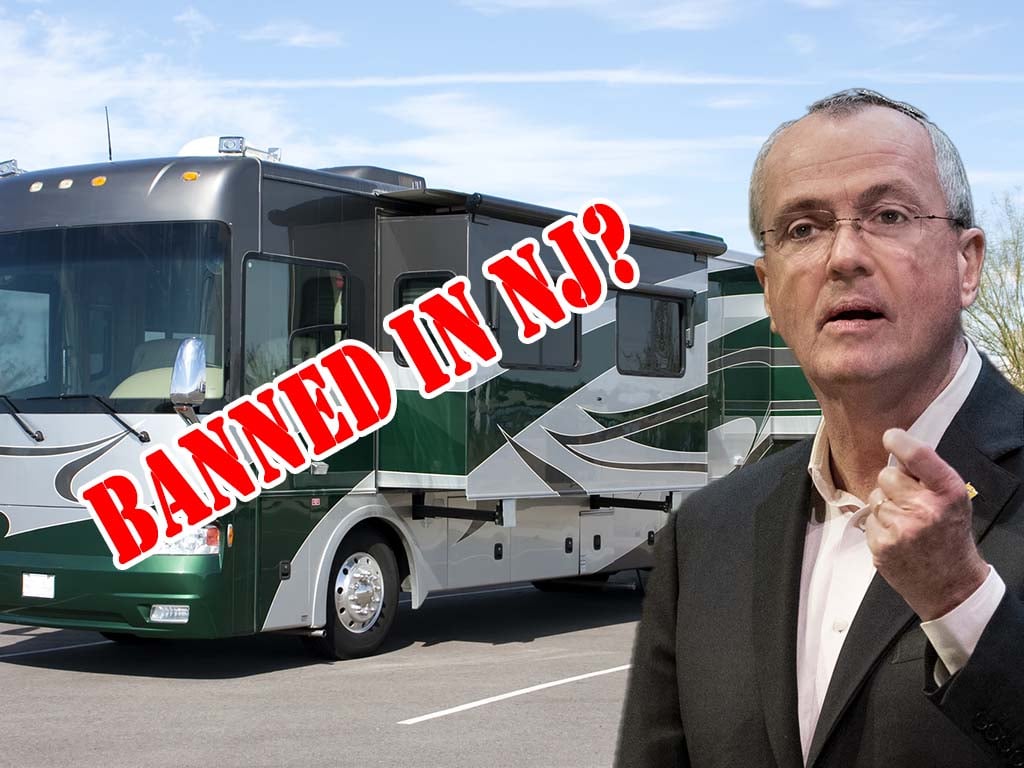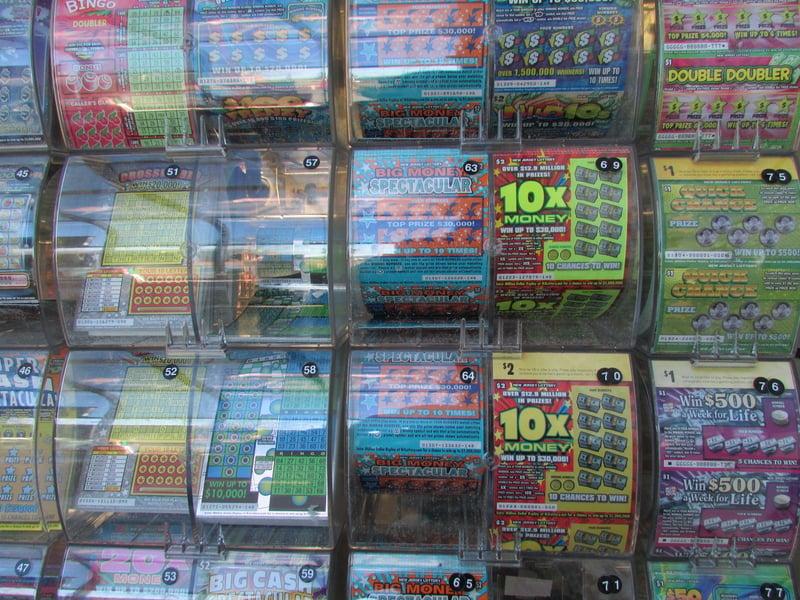NJ’s Trenton New Year’s Day marked the beginning of New Jersey’s 2035 gasoline car sales prohibition. Although some aspects of Governor Phil Murphy’s draconian prohibition on the sale of gasoline-powered cars have already started to be enforced, you would think that New Jersey still has 10 years to fight against it.
In New Jersey and other states, selling some diesel-powered motor homes and RVs that don’t meet the state’s stricter pollution regulations, which went into effect on January 1st, is now prohibited.
The Advanced Clean Trucks (ACT) Rule was adopted in New Jersey in December 2021, based on the same-named California standards, according to the NJ DEP. The goal of this rule is to hasten the widespread switch to medium- and heavy-duty vehicles with zero emissions. From 2025 to 2035, manufacturers must sell a greater proportion of their trucks as zero-emission vehicles. A sequence of credits and deficits is used to satisfy this criteria.
According to industry reports, the California Air Resources Board (CARB) has issued a climate policy that will ban the sale of diesel motorhomes in California and five other states beginning January 1. The rule, which is based on CARB’s updated Advanced Clean Truck rules, mandates that all vehicles over 8,500 pounds have zero emissions.
Motorhome sales and registrations in California, Washington, Oregon, New York, Massachusetts, and New Jersey will be subject to the policy. Diesel-powered motorhomes will essentially be phased out in these states since owners will no longer be able to register new RVs that do not meet the increased pollution standards. The move is the consequence of CARB’s efforts to lower greenhouse gas emissions from the transportation sector, which is a primary cause of climate change.
The rule is a component of a larger set of green energy laws that California has put into effect. To combat climate harms, the state has recently implemented policies like mandatory corporate emissions disclosures and legal action against oil firms. Although some regulations have generated controversy, especially among companies and proponents of fossil fuels, California Governor Gavin Newsom has hailed these actions as essential steps toward accomplishing the state’s climate goals.
In the meanwhile, the Biden administration has made EV adoption a national priority by enacting laws that lower emissions and increase the availability of charging stations. 67% of all light-duty cars sold after 2032 will have to be electric or hybrid vehicles, according to a proposed tailpipe emissions rule that was introduced in March 2024. By 2030, the administration also plans to construct 500,000 public EV charging stations. Automakers, many of whom have voiced worries about the lack of consumer demand for EVs and the viability of meeting regulatory standards, have resisted and delayed these efforts.
The RV market’s quick shift to zero-emission cars has drawn criticism from industry insiders. The Chief Operating Officer of Toyota North America, Jack Hollis, has blasted EV regulations for placing unachievable demands on both consumers and automakers. Similarly, in reaction to what they characterize as little market demand and high production costs, some businesses have reduced their investments in EVs.
The October 2024 finalization of CARB’s new rule coincides with mounting pressure on states to enact more stringent environmental regulations. Under Section 177 of the Clean Air Act, the six states impacted by the rule have already matched California’s emissions levels, giving them the authority to establish automobile regulations that go beyond federal norms. As manufacturers adapt to the new regulations, the RV industry—which mainly depends on diesel-powered motorhomes—is anticipated to see major disruption.
Although industry experts believe that the rule may lead to a move toward electric and alternative-fuel RVs in the states that are affected, CARB authorities have not yet offered more comment on the rule’s consequences.
An important milestone in California’s continuous efforts to lower car emissions and switch to renewable energy sources is the prohibition on diesel motorhomes.
Note: Every piece of content is rigorously reviewed by our team of experienced writers and editors to ensure its accuracy. Our writers use credible sources and adhere to strict fact-checking protocols to verify all claims and data before publication. If an error is identified, we promptly correct it and strive for transparency in all updates, feel free to reach out to us via email. We appreciate your trust and support!




